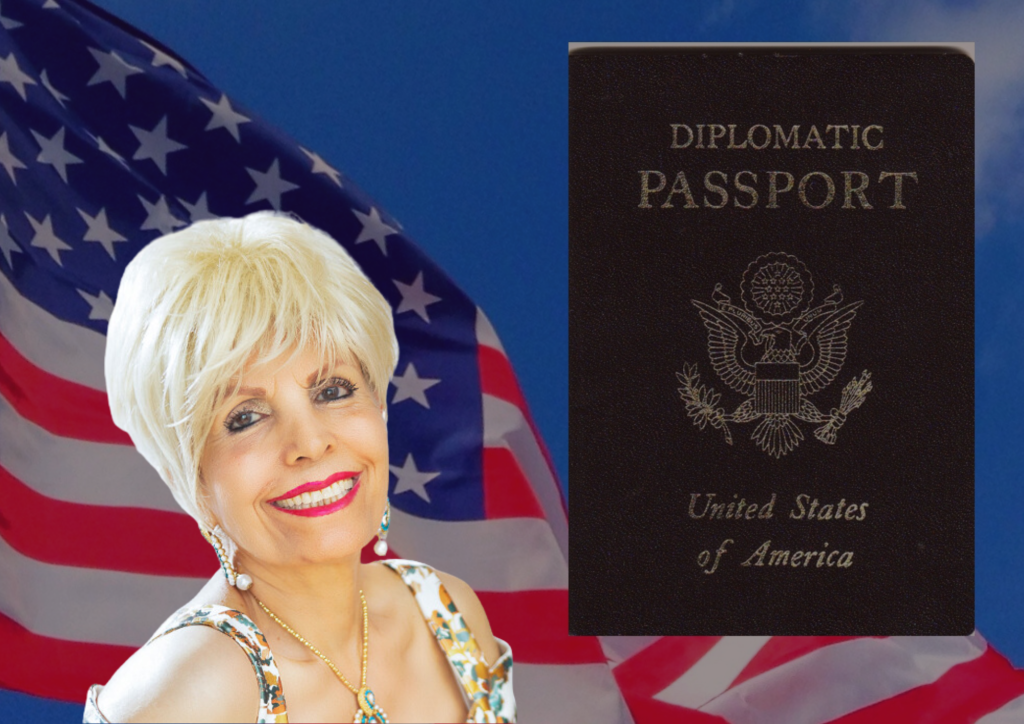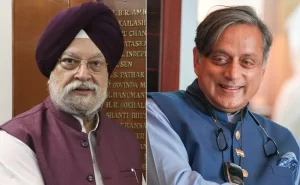In a surprising turn of events, Dame Munni Irone, a prominent figure known for her philanthropy and cultural endeavors, has been granted a diplomatic passport by the United States government. This move has sparked curiosity and raised eyebrows within diplomatic circles and the public alike. The decision, while unconventional, sheds light on the evolving dynamics of diplomacy and recognition of individuals making significant contributions to society beyond traditional political or governmental realms.
Throughout her career, Dame Irone has been a vocal advocate for women’s rights, education, and the arts. Her efforts have earned her numerous accolades and honors. Dame Munni Irone has long been recognized for her tireless efforts in promoting cultural understanding, peace, and social welfare. Her journey is a testament to the power of one individual’s vision to effect positive change globally. From her humble beginnings to her current stature as a respected figure in international circles, Dame Irone’s story is one of resilience, passion, and unwavering commitment to her causes.

The decision to grant Dame Irone a diplomatic passport comes as a recognition of her exceptional service to society and her role as a global ambassador for peace and understanding. While diplomatic passports are typically reserved for government officials and diplomats, Dame Irone’s case highlights the expanding definition of diplomacy in the modern world.
In an era marked by increasing interconnectedness and global challenges, individuals like Dame Irone play a crucial role in bridging divides and fostering cooperation across borders. By recognizing her with a diplomatic passport, the United States government acknowledges the importance of her work and the positive impact it has on communities worldwide.
However, the decision has also sparked debates and raised questions about the criteria for granting diplomatic privileges to non-traditional figures. Critics argue that such recognition should be reserved exclusively for government officials and career diplomats. Others, however, see it as a reflection of the changing nature of diplomacy in the 21st century, where individuals and non-governmental organizations play an increasingly prominent role in international affairs.
Story covered by Fame Finders Media













